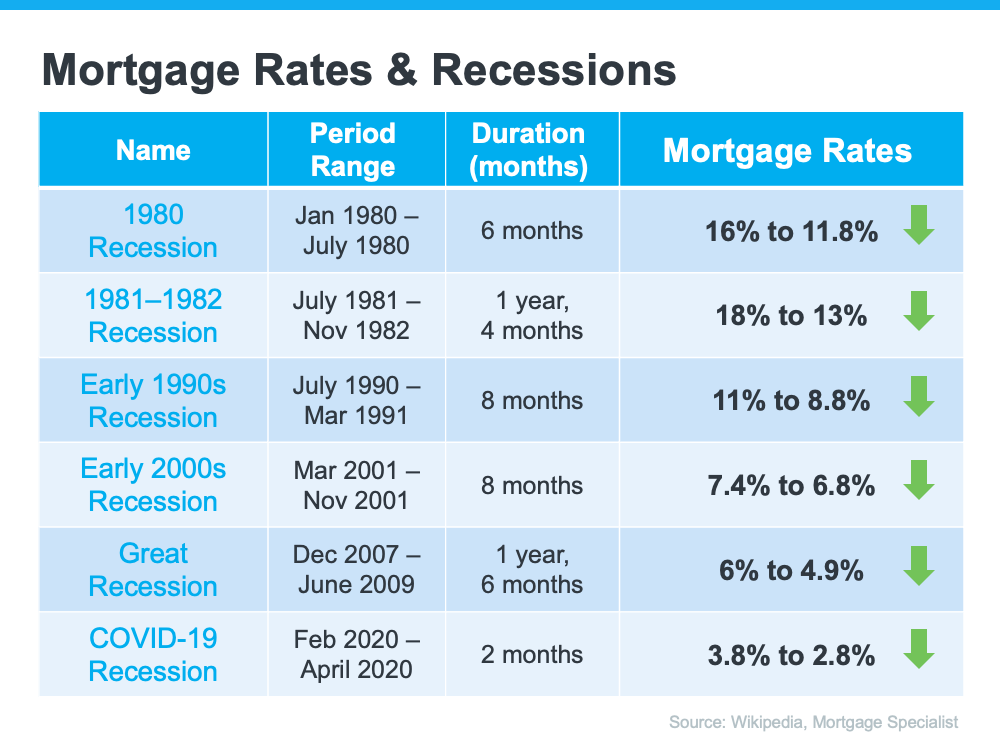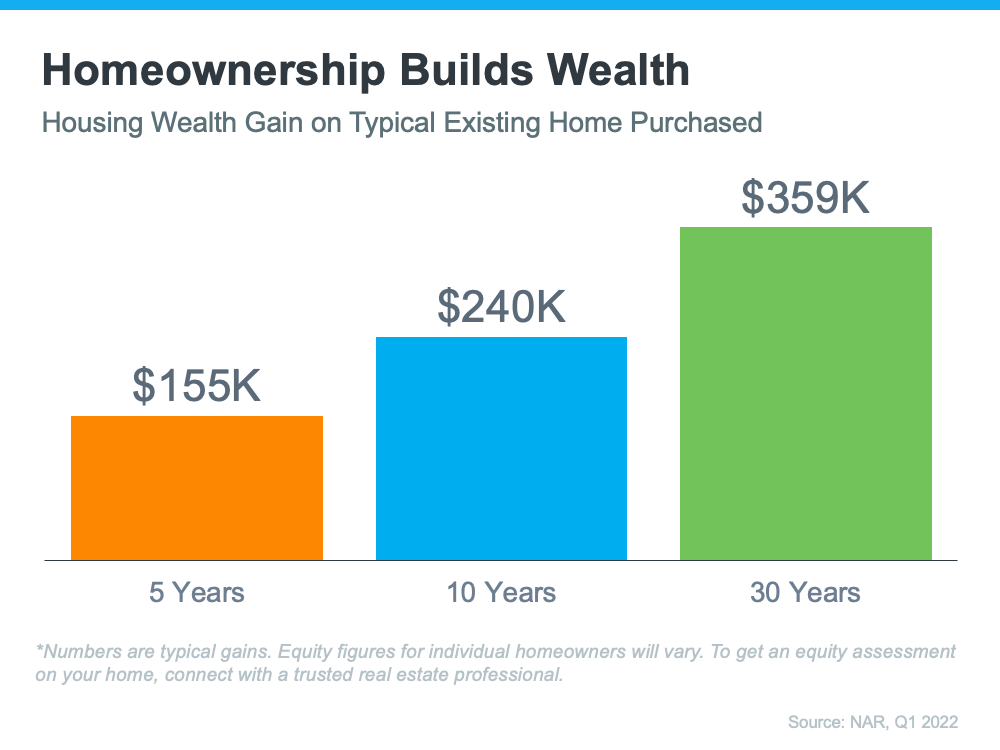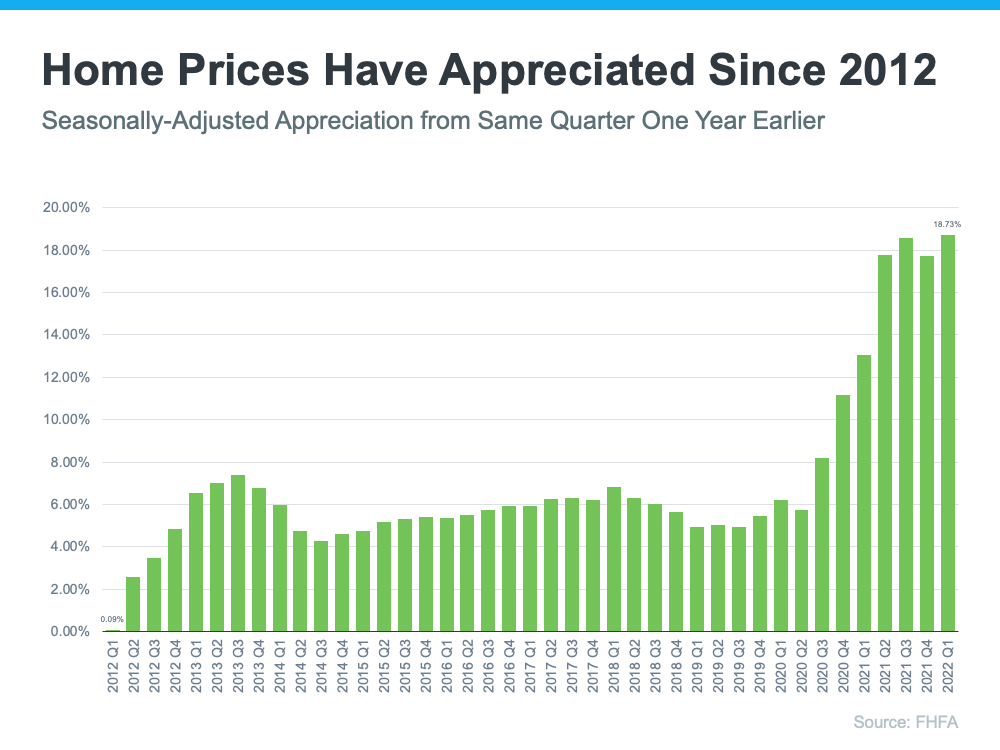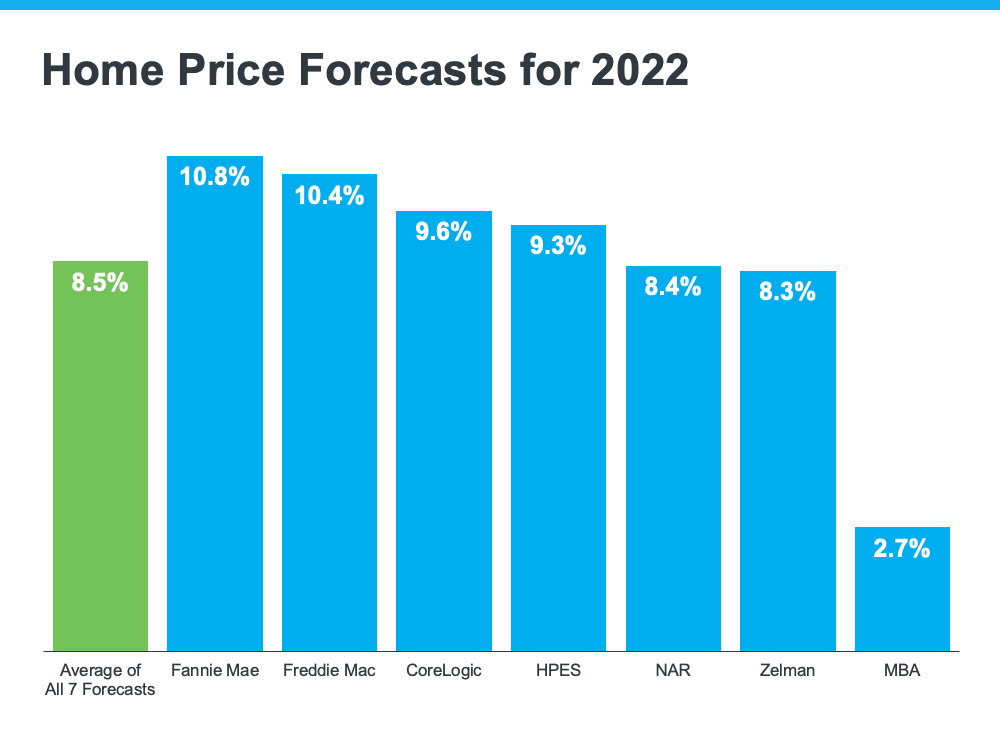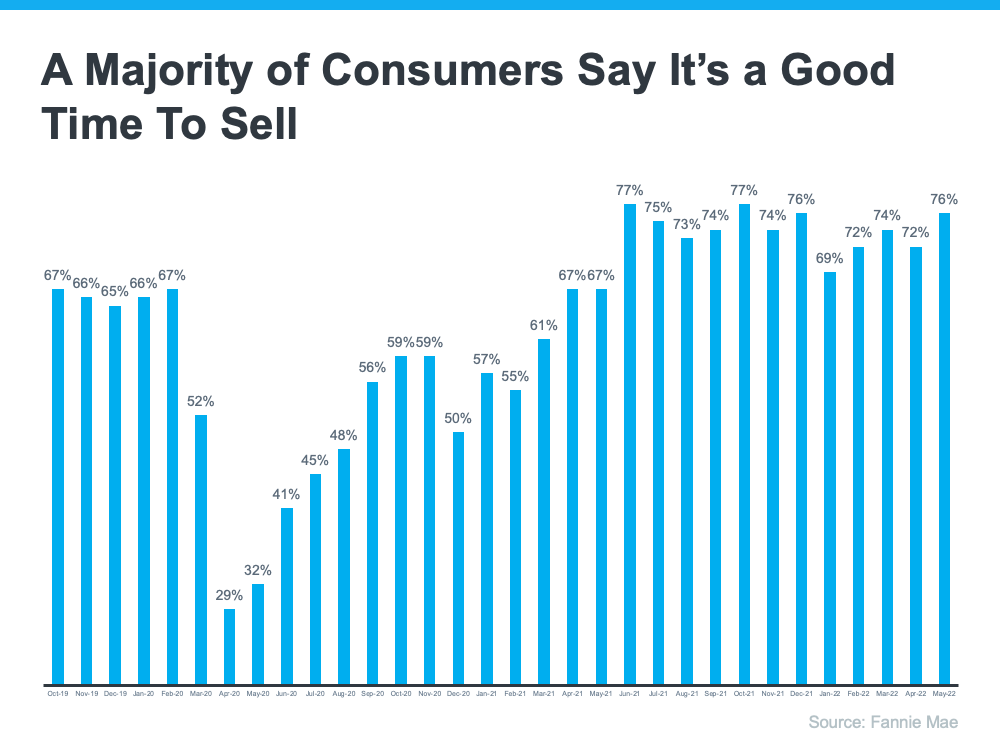Weekly Market Update: 03/15/24
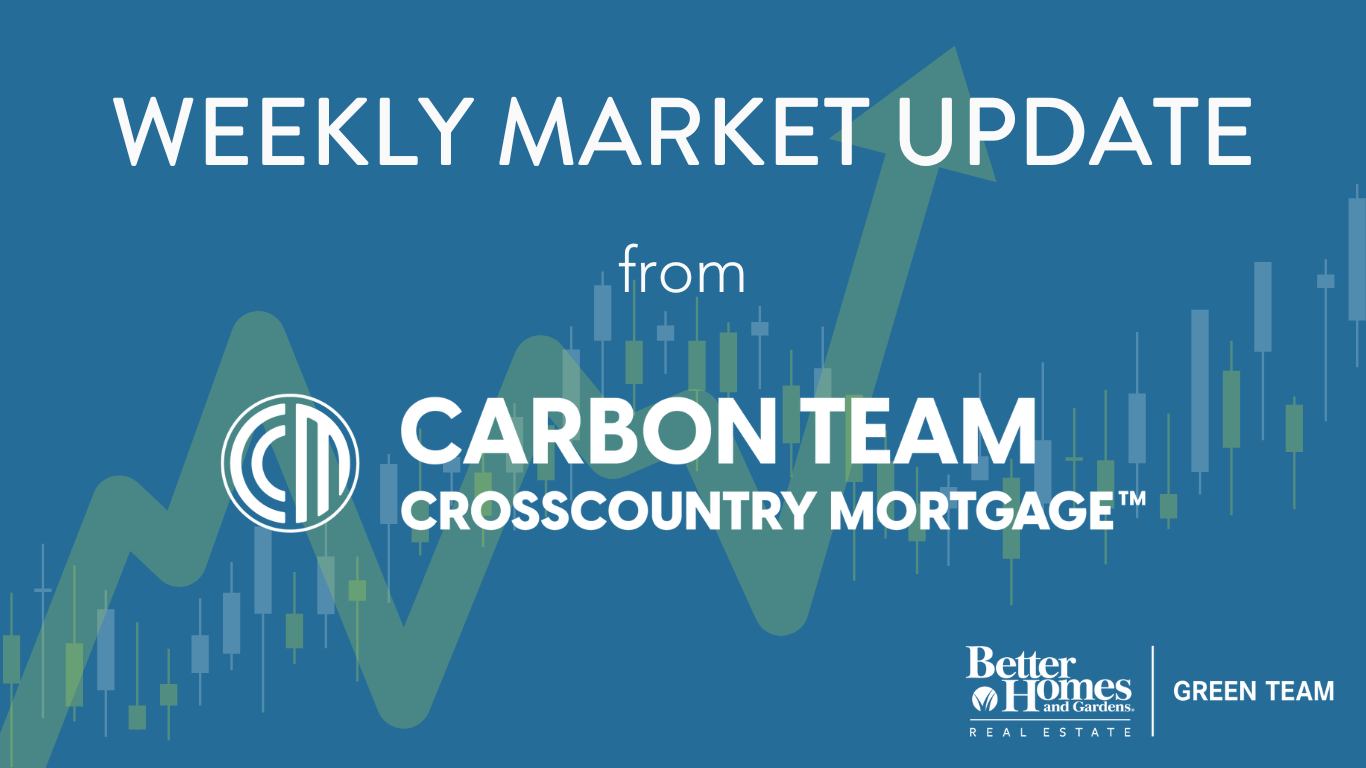
+(1).png) |
||||||||||||
| Week Ending 03/15/2024
Weekly Market Update: High Inflation Helping you navigate the market |
||||||||||||
High Inflation |
||||||||||||
|
||||||||||||
| The Consumer Price Index (CPI) is one of the most widely followed inflation indicators. To reduce short-term volatility and get a better sense of the underlying inflation trend, investors typically look at core CPI, which excludes the food and energy components. In February, Core CPI rose 0.4% from January, above the consensus forecast and 3.8% higher than a year ago.
Although the core CPI annual rate has fallen from a peak of 6.6% in September 2022, it is still far above the readings around 2.0% seen early in 2021, which is the stated target level of the Fed. One big reason is that shelter (housing) costs remained elevated and again were responsible for the largest portion of the increase. However, the CPI data measures shelter costs with a lag, and more timely indicators from other sources suggest that this component will slowly come down later in the year. Other categories with large monthly increases included airline fares, apparel, and auto insurance. Adding to the inflation concerns, another indicator released this week which measures costs for producers also was higher than expected. The core Producer Price Index (PPI) rose 0.3% from January, above the consensus forecast of just 0.2%. Due to the higher than expected inflation reports this week, expectations for a reduction in the federal funds rate have been pushed out until even later in the year. Investors now anticipate that the first rate cut will not take place until June or July. After posting large declines in January, consumer spending picked up in February, but by less than expected. Retail sales rose 0.6% from January, below the consensus forecast for an increase of 0.8% and the results for the prior month were revised lower as well. The strongest rebound in spending was seen in motor vehicles/parts, electronics, appliances, and building materials. Retail sales, which are not adjusted for inflation, were just 1.5% higher than a year ago, below the rate of price increases over that time frame. |
||||||||||||
Week Ahead |
||||||||||||
| The next Fed meeting will take place on Wednesday. No change in rates is expected, and investors will focus on the latest forecasts from officials for monetary policy and economic activity. For economic reports, the spotlight will be on the housing sector. Housing Starts will be released on Tuesday and Existing Home Sales on Friday. | ||||||||||||
|
|
||||||||||||
|
||||||||||||
|
||||||||||||
|
|
||||||||||||
|
||||||||||||
| Cross Country Mortgage would like to thank our partner, MBSQuoteline for their insightful information.
All material Copyright © Ress No. 1, LTD (DBA MBSQuoteline) and may not be reproduced without permission.
|
Weekly Market Update: 03/08/24

|
Weekly Market Update – 01/26/2024

|
A Majority of Consumers Say It’s a Good Time To Sell Your House
If you’re a homeowner thinking about selling your house, you’re probably looking for the best time to make your move. That means you’re likely balancing a number of factors, like your changing needs, where you’ll go when you sell, and today’s mortgage rates in order to time it just right.
According to recent data, that sweet spot could already be here. The latest Home Purchase Sentiment Index (HPSI) by Fannie Mae finds that 76% of consumers believe now is a good time to sell.
The graph below shows the percentage of survey respondents who say it’s a good time to sell a house. The big dip in March and April of 2020 reflects how consumer sentiment dropped at the beginning of the pandemic as uncertainty about the health crisis grew. Since then, the percentage has grown consistently as more people feel confident it’s a good time to sell.
In fact, survey respondents think it’s an even better time to sell a house today than they did in 2019, which was a strong year for the housing market. The latest survey results indicate one of the strongest peaks in seller sentiment in nearly three years (see graph below):
What Makes Today a Good Time To Sell?
One reason so many people think it’s a good time to sell is because there are still more buyers in today’s market than there are homes for sale. That’s driving home prices up, making it a good time to sell your house.
And if you’re on the fence about whether or not to sell because you don’t know where you’ll go once you do, know that you might have more options today than in previous months. That’s because the number of homes coming onto the market has grown each month since the start of the year. When more homes come onto the market, it gives you more opportunities to find one that meets your changing needs.

Bottom Line
While the number of homes available for sale is growing and giving you more options for your move, inventory is still low overall. That could mean it’s a great time for you to sell. If you’re ready to address your changing needs and take advantage of today’s favorable conditions, let’s connect.


 Facebook
Facebook
 Twitter
Twitter
 Pinterest
Pinterest
 Copy Link
Copy Link











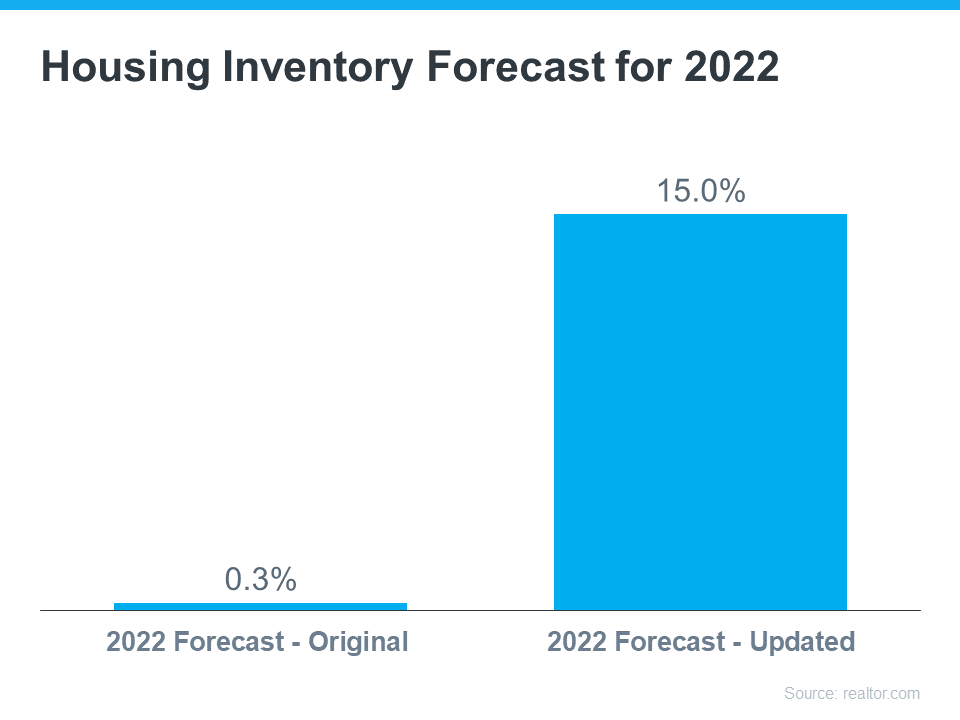
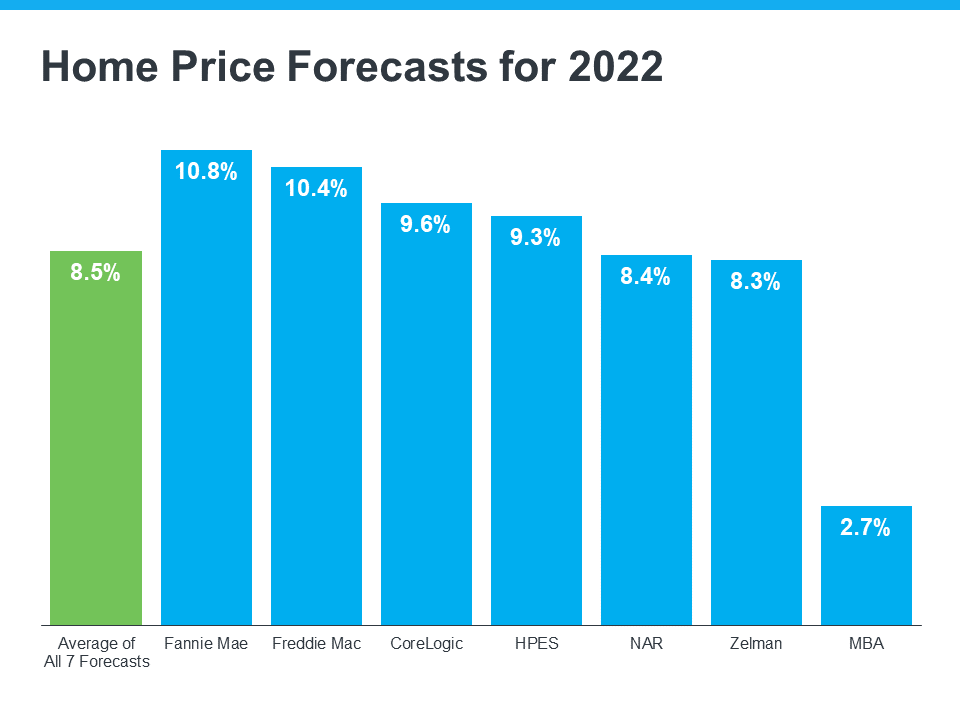

![Why Growing Home Equity Is Great News if You Plan To Move [INFOGRAPHIC] | MyKCM](https://files.mykcm.com/2022/07/07152642/20220708-MEM-1046x1851.png)

